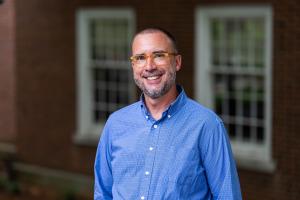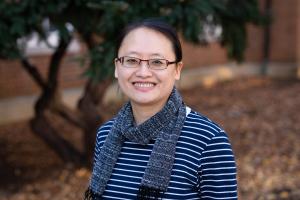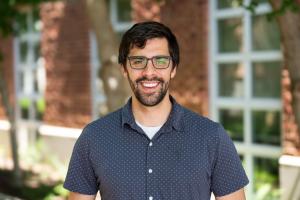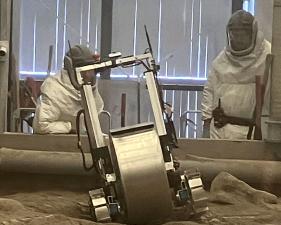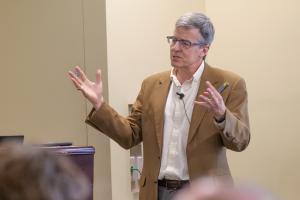Current Graduate Students
As a UVA Engineering graduate student, you have access to support services from admissions through graduation. Explore our resources to find onboarding support, networking and professional development opportunities, and ways to connect with the UVA Engineering graduate student community.
Sub navigation Main
-

Student Support
We're here to support you with an array of services covering a range of areas, including academic, personal, and professional support resources.
-

Get Involved
Discover ways you can get involved in the school, university, and community while at UVA Engineering.

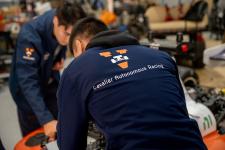

Upcoming Events
See all events-
Time: 9:00 AM - 4:00 PMLocation: North Fork Town Center Four 994 Research Park Boulevard Charlottesville, VA 22911
-
Time: 1:00 PM - 5:00 PMLocation: Rice 130 and Davis Commons
-
Time: 3:00 PM - 4:30 PMLocation: Rice 130 and Davis Commons
Additional Resources
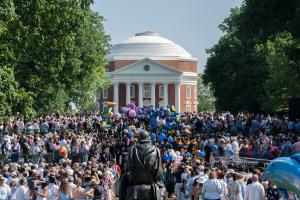
Plan your degree
Plan for success using the timeline and graduation requirements for your degree.
